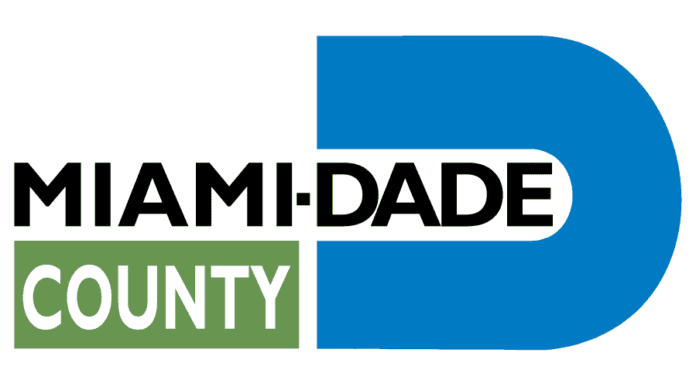|
Getting your Trinity Audio player ready...
|
As the hurricane season officially begins on June 1, the Miami-Dade Water and Sewer Department (WASD) is prepared to deliver essential services throughout the season. Our staff is committed to providing safe, high-quality drinking water and reliable sewer service to our more than 2.4 million customers year-round and throughout extreme weather events.
“As climate change continues to threaten our County, we may see more frequent and intense storms. That’s why a key priority of my administration is to stay prepared in the present and invest in a resilient future, through infrastructure that will prepare us for tomorrow’s threats,” said Miami-Dade County Mayor Daniella Levine Cava. “Just as we ask our residents to make special preparations, the County also takes key steps to ensure we are ready to respond smoothly and seamlessly each year.”
Prior to the South Florida region experiencing tropical storm force winds, WASD’s treatment plants will transfer to generator power, so plant operations are not impacted by electrical fluctuations and outages
“Rest assured that as you secure your homes and prepare for your family’s safety prior to a severe weather event, the Department has taken steps to ensure that our resources are sufficient to meet the needs of our customers,” said Miami-Dade Water and Sewer Director Roy Coley. “The Department has fuel and water treatment supply reserves to operate on auxiliary power at the three water plants with uninterrupted service for two weeks without supplemental deliveries.”
As the 2023 hurricane season approaches, WASD provides tips for what to do before, during and after a storm. Please also review Miami-Dade County’s Hurricane Guide for additional tips and other important information to stay prepared well in advance of a storm.
Pre-Storm tips:
- Make sure to have one gallon of water per person and pet per day for seven days.
- Fill water jugs and other containers on-hand with Miami-Dade County tap water once a hurricane warning is announced. These are more cost-effective, sustainable and environmentally conscious than single-use water bottles.
- Take advantage of purchasing reusable water containers and other supplies during the Hurricane Supply Tax-free Week scheduled through June 9.
During/After storm tips:
- Keep manhole covers closed. Opening manhole covers can temporarily alleviate the local flood impact, but it introduces additional water to the sewer system and can cause overflows.
- While WASD is prepared to service Miami-Dade County before, during and after a storm, it is recommended that residents minimize water usage after a storm so as not to overly impact the water system should pressure be lower than normal. If you see something, say something.
- Report flooding in your neighborhood by dialing 311 in Miami-Dade, and report damage to your home or property via the Neighborhood Damage Assessment Form online or by calling 311.
- Following a storm, if the water initially comes out cloudy, let the faucet run until it clears. The water is safe to drink.
Due to the storm and changes in water pressure, calcium carbonate – a safe by-product from our water treatment process, also found in milk, normally settles at the bottom of the pipes, but when disturbed can cause temporary, cosmetic change to the water’s appearance. - If you have questions about water quality, please call 786-552-4738 if you live north of Southwest Eighth Street and 786-552-4181 if you live south of Southwest Eighth Street.
- Please refrain from using water to hose off debris after the storm. Instead, bag up the debris rather than hosing it into storm drains to minimize street flooding resulting from clogged storm drains.
It is the priority of the Miami-Dade Water and Sewer Department to provide safe, reliable service to its customers. For additional information about Department services and programs, visit our website.






